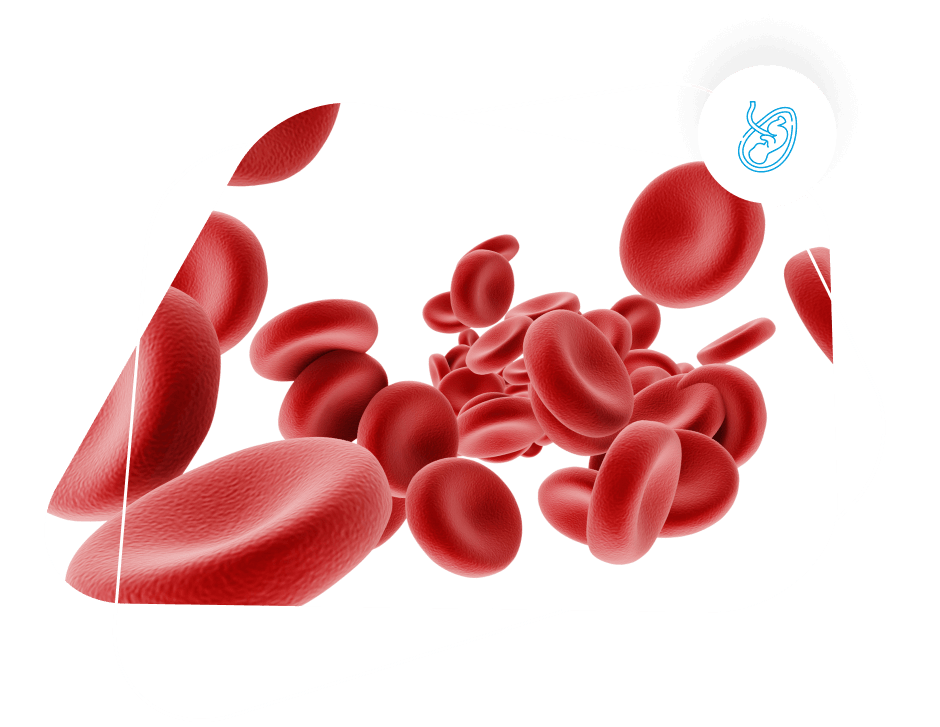HDN is a blood disorder that occurs when the blood types of a mother and baby are incompatible. It is more likely to happen during a mother’s second or subsequent pregnancy.
A person’s blood type is determined by the presence of two different types of proteins called antigens. The A, B, and O antigens classify a person’s blood as Type A, B, AB, or O. If a person also has the Rh factor antigen, his blood is Rh-positive, and if not, it is Rh-negative.
HDN occurs when the Rh factors of a mother and baby are incompatible. If the baby’s incompatible red blood cells cross the placenta during pregnancy or at delivery, the immune system recognizes them as foreign and responds by developing antibodies to attack them. This can lead to several complications that range from mild to very severe.
Women with Rh-negative blood are identified in early pregnancy and are treated with a medication called anti-D immunoglobulin to prevent HDN.
